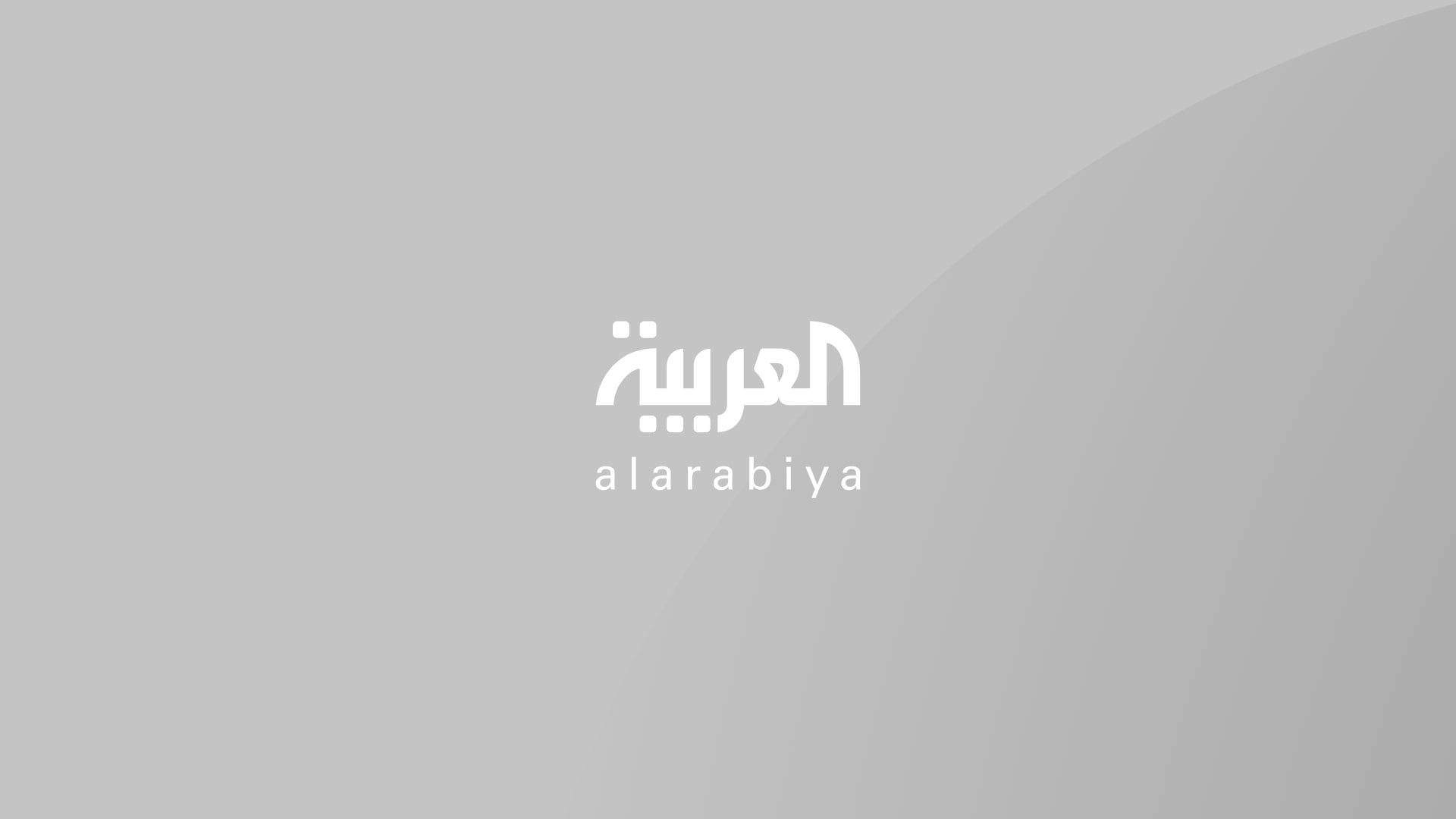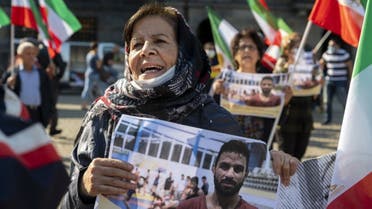Human rights watchers have eased up on Iran, even after Afkari’s death
Iran carried out its promise and executed the Iranian wrestler, Navid Afkari, as he had been charged with killing a government official during the demonstrations in the city of Shiraz in 2018.
Afkari pleaded not guilty, denying the charge even hours before his execution, and said he and his two brothers who were imprisoned with him were subjected to severe torture.
It is a well-known fact that the Iranian authorities are quite accustomed to framing dissidents, making false accusations against them and forcing confessions. They have executed “tens of thousands” of opponents in mock trials, from the days of Mohammed Sadeq Givi Khalkhali (the “butcher of the revolution”) to Ebrahim Raisi (Supreme Leader Ali Khamenei’s favored disciple) who have both played a role in Iran’s use of executions.
The execution in itself was an embarrassment to Western countries, or to be more precise the European community, which fights tooth and nail to maintain good relations with the Iranian regime. France’s refusal to recognize Iran’s gang in Lebanon – Hezbollah – as a terrorist group stands witness to this.
Germany spoke out against the execution with a few tweets postponed the visit of Iranian Foreign Minister Javad Zarif to Germany, although the German newspaper, Bild, reported that the postponement was for “logistical” reasons.
Political executions – for tens of thousands of Iranians – have been a systematic procedure carried out by the Iranian authorities since 1979, and they are not so few and far between that they cannot be traced, like the mysterious circumstances surrounding the death of the Saudi journalist who supported the Muslim Brotherhood, Jamal Khashoggi (may God have mercy on him). Despite that, we have seen a blatantly immoral media and political “machine” that tries to depict Saudi Arabia as a country that holds mass executions for members of the opposition, like Iran, which had the ingenious idea of carrying out executions using construction cranes.
Amnesty International said that the Iranian Revolutionary Court issued a death sentence twice against Afkari based on confessions obtained from the young man by means of torture.

France’s Agnès Callamard, a human rights expert who has continued to attack Saudi Arabia’s actions regarding the Khashoggi case, which is considered an anomaly in Saudi history, and in which the perpetrators were held accountable and severely punished after the Khashoggi family pardoned them.
Read more:
In Lebanon, Iraq, top clerics call for Iran's proxies to be disbanded
Iraq, Kurdish politicians denounce Hezbollah move to partner with pro-Iran militias
On philosophy, renaissance and Saudi Arabia: Civilization in six points
But I believe that this French woman’s true intentions were revealed when she only sent a letter of condolence to Afkari’s family, with a few detached words of condemnation, while she spared no effort in her tantrums on the case of the late Khashoggi, not out of love for the latter but out of a desire to harm Saudi Arabia’s reputation, especially in this era.
Even President Recep Tayyip Erdogan’s Turkey which has seen diminished human rights has not been on Callamard’s radar. She missed tens of thousands of cases of executions, exiles, imprisonments and disappearances of journalists and opponents Nor did we see Callamard’s interest in the assassination of the Iraqi journalist Hisham al-Hashemi who opposed the sectarian Popular Mobilization Forces in front of his home and before the eyes of his family.
The true intentions of the French woman, her organization, those who work with her, and those similar to her, have become crystal clear.
This piece appeared originally in Asharq al-Awsat, an Arabic outlet headquartered in London.
-

Iran and Iraq commit to improving border cooperation, boosting trade
Iran and Iraq on Saturday pledged to improve border cooperation and boost trade ... Middle East -

Jailed Iranian human rights lawyer ends hunger strike over health concerns
Jailed Iranian human rights lawyer Nasrin Sotoudeh has stopped a hunger strike she ... Middle East -

President Rouhani condemns US for ‘crimes’ against Iran
Iran’s President Hassan Rouhani on Saturday said people should blame Washington ... Middle East -

Coronavirus: Iran’s Rouhani authorizes provinces to impose COVID-19 lockdown
Iranian President Hassan Rouhani on Saturday authorized the country’s provinces to ... Coronavirus

